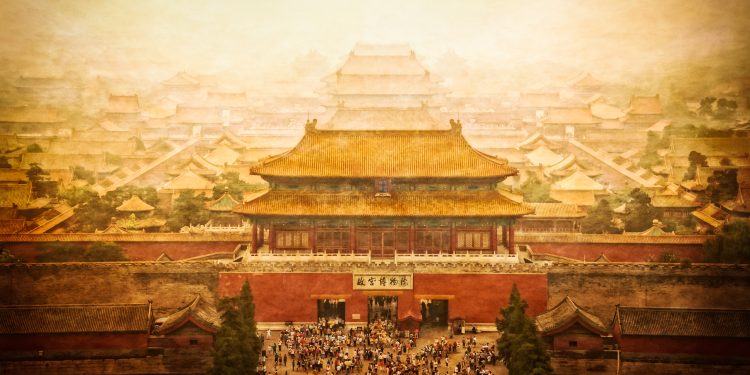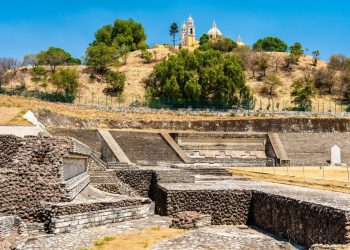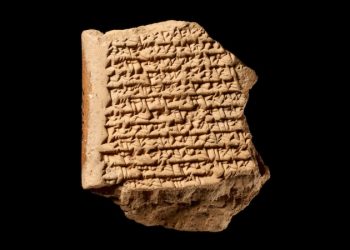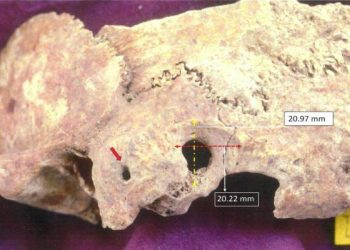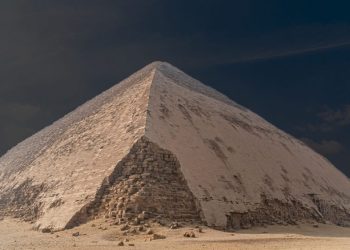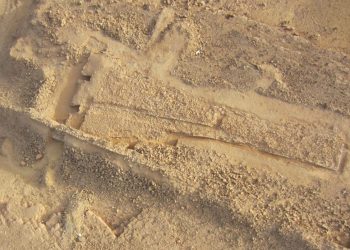Han Dynasty Background
The Han dynasty has justifiably been ranked amongst the most influential dynasty in forming the early Chinese empire.
From the war of Liu Bang against the Qin, the cruelty and the independence of empresses such as Lu. From the crucial policies of Wen-ti, to the war of dominance by Wu-ti. The empire stood firm and faced adversity in different ways.
All financial aspects, governmental approaches, and socio-cultural concepts have been considered. This is a way of analyzing all the emperors that made history. The emperors formed fundamental ideologies such as Confucian ethics. Theories that are prevalent in China up until this day.
Enough with the introduction. Let’s get straight to the point!
The Early Development of the Han Dynasty
1) Emperor Gaozu (256 BCE – 195 BCE) – Creator of the Han Dynasty
There could never be an article that started without the founder of the Han Dynasty, Emperor Gaozu. He was widely known as Liu Bang. Even though born in a peasant family, he was the leader who served the Qin family for most of his early life. After that, he conquered significant states and rose to power after the death of Qin She Huang.
He showed great response against the fellow rebel leader Xiang Yu during their war and formed the government with 18 Chinese kingdoms, a formation that prevailed for centuries of the Han Dynasty.
2) Emperor Hui (210 BCE – 188 BCE)
Emperor Hui of Han, widely known as Liu Ying, was the man who ‘sealed the deal’ for the dominance of the Han Dynasty. After him, the powerful clan preserved the unified Chinese empire and all different kingdoms.
Liu Ying was the emperor who made sure that great veneration was guarded around his father’s name in the entire land of China. He also established some laws that were deriving from his generous nature. These were supporting sources that were even coming from the Qin dynasty.
3) Emperor Wen (203/202 BCE – 157 BCE)
Emperor Wen of Han or Liu Heng was the predecessor for Emperor Houshao. The latter was the previous emperor under the regency of Empress Lu. Her regency destabilized the entire Han Dynasty. It was Emperor Wen who managed to provide governmental stability.
His laissez-faire approach led to more and more independence for the kingdoms. Additionally, many historians criticized it. Nonetheless, it’s undeniable that this was a much-needed period of peacekeeping. They wanted to avoid officials’ extensive murders and constant warfare. Wen-ti found the solution for that matter.
The Middle Years’ Success of the Han Dynasty
4) Emperor Jing (188 BCE – 141 BCE)
Emperor Jing of Han was widely known as Liu Qi. He was the sixth emperor of the Han dynasty and the predecessor of Emperor Wen. One rarely finds a historical paper that doesn’t consider the reigns of Emperor Wen and Jing together. That’s because the appeasement policies of Jing’s ancestors led to the Rebellion of the Seven States in 154 BCE.
The diverse factors ended the stability of Emperor Wen. Therefore, he had to diminish the feudal power of the kings and the princes. They were constantly threatening the head of the entire Chinese state. He consolidated the central authority of China and paved the way for one of the most durable emperors to reign. The article analyses the reign on the following comment.
5) Emperor Wu of Han (156 BCE – 87 BCE)
Historians have reasonably ranked him as one of the most influential figures for the Chinese dynasty before the end of Antiquity and after the preliminary work of Liu Bang. Emperor Wu the Filial or Liu Che ruled from 141 BCE until 87 BCE.
17th-century ruler Kangxi Emperor only broke his record of 54 years of reign. During his reign, he continuously expanded the lines of geopolitical Han influence, and successfully conducted the limitless embracement of ethnic Chinese civilization.
6) Emperor Zhao of Han (94 BCE – 74 BCE)
Emperor Zhao, who people knew as Liu Fuling, has consistently been underestimated due to his reign being overshadowed and overlooked by the dominant character of his father, Emperor Wu.
Nonetheless, people need to understand that his father’s expansion of influence, either geopolitical or financial, caused many problems for the family. Emperor Zhao, only being 13 years old, was the heir apparent. Under the regency of Huo Gang, he managed to stabilize the empire with lower taxation. Additionally, he reduced government spending and developed trust.
The Beginning of the Downfall for Han Dynasty
7) Emperor Xuan (91 BCE — 48 BCE)
Emperor Xuan of Han was the 10th emperor of the Han dynasty. However, he wasn’t the predecessor of Emperor Zhao. He was the heir apparent of Liu He and reigned from 74 BCE to 48 BCE. His work was very similar to Emperor Wen the Filial but occurred to a minor degree.
Emperor Xuan had an interesting background story. He was a grandson of Emperor Wu but then lost everything. That occurred because officials framed him for witchcraft. He fought and still got his power back by Liu He. He managed to take the Chinese empire from Emperor Wen. Suddenly, the country became a military and regional superpower.
8) Emperor Yuan (75 BCE – 33 BCE)
Emperor Yuan or originally named Liu Shi might have been amongst the most controversial emperors of the entire dynasty. His actions weren’t controversial. His character was also problematic.
He managed to extensively promote Confucianism as the official creed of the Chinese government. Confucian officials took over the governmental posts. At the same time, he was indecisive and unable to stop corruption. Hence, he didn’t establish trust for the Chinese people.
9) Emperor Cheng (51 BCE – 7 BCE)
The son of Emperor Yuan was Emperor Cheng, and his work for the government of China was constantly deteriorating. That was due to both the incapability of his father and his own actions.
Emperor Cheng empowered the corruption scheme. He didn’t punish rigged governmental officials. He continued by integrating more and more relatives in governmental positions. It was a despotic way of ruling. Corruption continued to be a significant issue. The people didn’t trust the governmental rulers led to more severe financial and political problems.
10) Emperor Ping (9 BCE – 6 AD)
With the new millennium, the ending of the Han dominance as a family of competent emperors was close. More specifically, Emperor Ping was the cousin of Emperor Ai, the previous emperor who died childlessly. He was the uncle of Emperor Cheng, who also died childlessly.
The previous emperors caused excessive corruption, inherent distrust, and governmental financial and social problems. Then, Emperor Ping took it to another level. He conspired with Wang Mang to kill the heir apparent of the Wei clan. This was the end of the honorable Han Dynasty. The Han Dynasty only existed in name.
References
Loewe, Michael. 1986. “The Former Han Dynasty.” The Cambridge History of China. Volume 1. The Ch’in and Han Empires, 221 B.C.-A.D. 220, 103-222. Edited by Denis Twitchett and Michael Loewe. Cambridge University Press.
Von Glahn, Richard. 2016. The Economic History of China. From Antiquity to the Nineteenth Century. Cambridge: Cambridge University Press, 2016.
Watson, Han I = Sima Qian. Records of the Grand Historian. Han Dynasty I. Translated by Burton Watson. New York. Columbia University Press, 1993.
Watson, Han II = Sima Qian. Records of the Grand Historian. Han Dynasty II. Translated by Burton Watson. New York. Columbia University Press. 1993.
Join the discussion. Participate in awesome giveaways. Become one of us in the mobile Telegram group. Join Curiosmos on Telegram Today. t.me/Curiosmos



